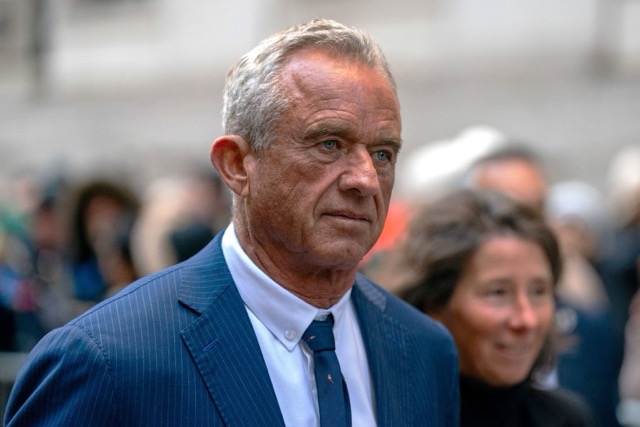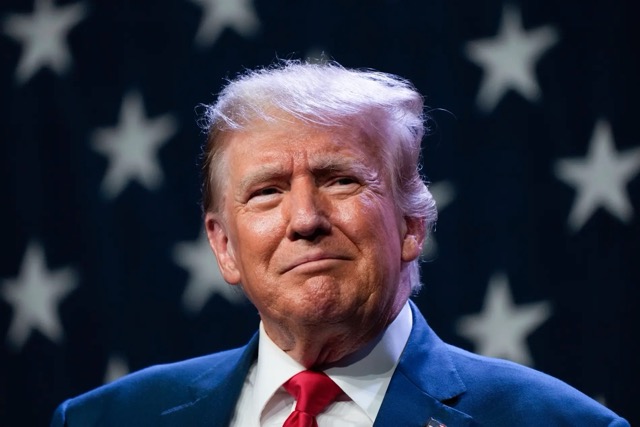The Department of Health and Human Services (HHS) is bringing back more than 450 former employees across four divisions of the Centers for Disease Control and Prevention (CDC), according to an HHS official familiar with the matter.
The staff being reinstated belong to the National Center for HIV, Viral Hepatitis, STD, and Tuberculosis Prevention (NCHHSTP), the National Center for Environmental Health (NCEH), the Immediate Office of the Director (IOD), and the Global Health Center (GHC).
This rehiring effort follows the Trump administration’s broad reorganization of HHS and its sub-agencies, which led to approximately 10,000 layoffs. Since then, the administration has reversed course on some of those cuts, restoring personnel in key areas like the World Trade Center Health Program (WTCHP), the National Institute for Occupational Safety and Health (NIOSH), and the National Institutes of Health (NIH).
“Personnel that should not have been cut, were cut,” HHS Secretary Robert F. Kennedy Jr. told CBS News in April. “We’re reinstating them. And that was always the plan. Part of the — at DOGE, we talked about this from the beginning, is we’re going to do 80% cuts, but 20% of those are going to have to be reinstated, because we’ll make mistakes.”
The largest number of rehires will go to NCHHSTP, with 214 returning. That division includes several units, such as the Division of HIV Prevention, which was reportedly cut in half. NCEH is next, with 158 staffers being brought back, including personnel from the Division of Environmental Health Science and Practice, which had previously been eliminated.
IOD will see 71 employees return, while GHC will regain 24 staffers.
HHS is one of several federal agencies to rehire workers affected by cuts ordered by the Department of Government Efficiency (DOGE). Others include the Internal Revenue Service, the Food and Drug Administration, the State Department, and the Department of Housing and Urban Development.
“Under Secretary Kennedy’s leadership, the nation’s critical public health functions remain intact and effective. The Trump Administration is committed to protecting essential services—whether it’s supporting coal miners and firefighters through NIOSH, safeguarding public health through lead prevention, or researching and tracking the most prevalent communicable diseases,” said HHS spokesperson Andrew Nixon.
“HHS is streamlining operations without compromising mission-critical work. Enhancing the health and well-being of all Americans remains our top priority,” Nixon added.
 Telegram is where we really talk. Don't miss out!
Telegram is where we really talk. Don't miss out!








